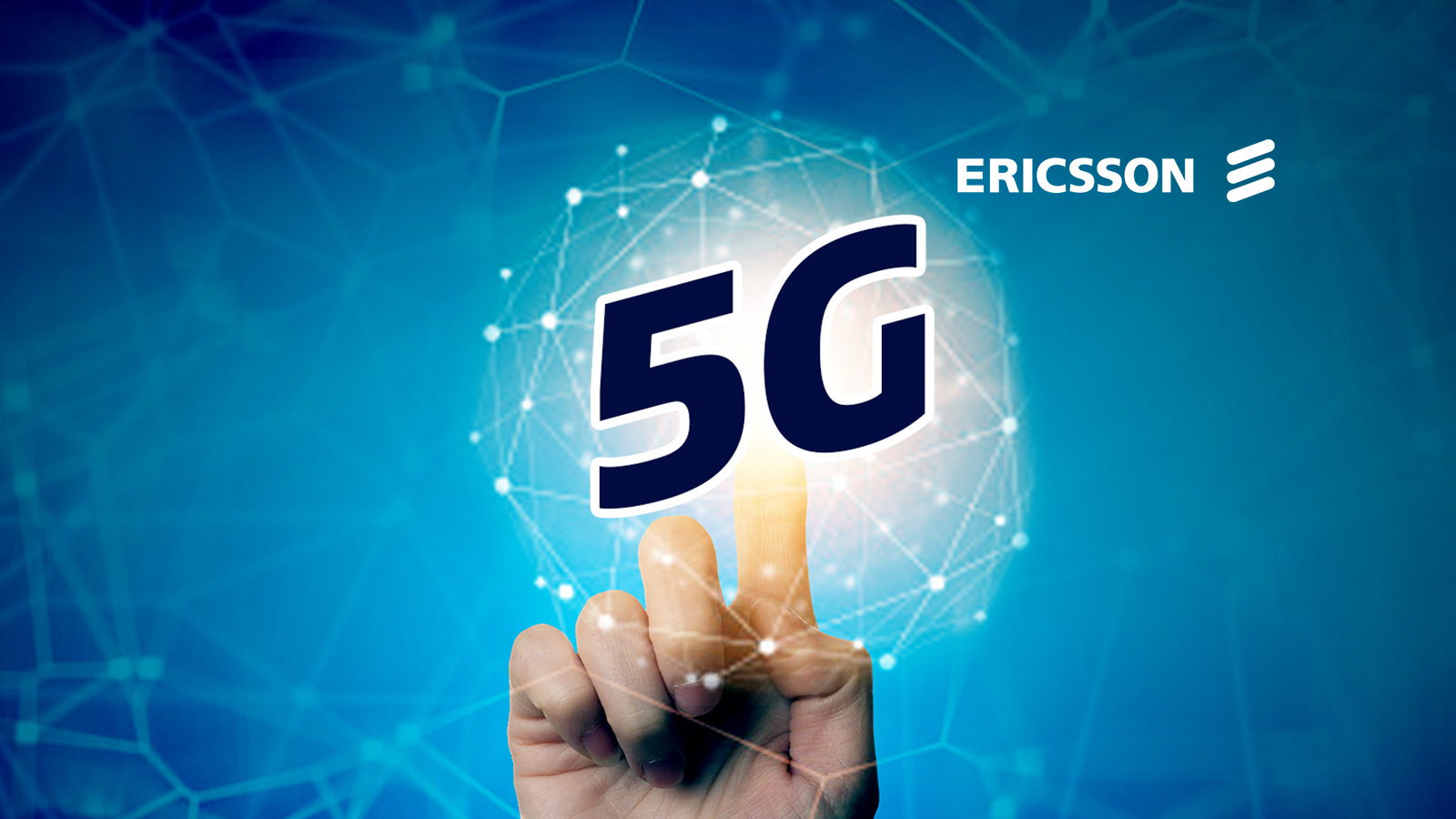5G Revenue: Ericsson’s Bold Bet on Innovative Software
In the fast-paced realm of telecommunications, Ericsson, a stalwart in the industry, is making waves with its visionary strategy. Recent headlines have been ablaze with Ericsson’s pioneering shift towards software development, a move that could reshape the landscape of 5G revenue generation. This article delves into the intricacies of Ericsson’s bold strategy, the driving forces propelling it, and the potential implications for the company’s revenue prospects in the era of 5G. Furthermore, we’ll present an insightful table summarizing key facets of this transformative approach before drawing compelling conclusions.
Unraveling Ericsson’s 5G Revenue Strategy
Reports have substantiated Ericsson’s profound focus on software development as a linchpin of its 5G growth strategy. This strategic shift represents a departure from the conventional hardware-centric approach that has long defined the telecommunications domain. Several compelling factors are steering this audacious move.
Seizing the 5G Opportunity
The global rollout of 5G networks presents an unparalleled opportunity for telecom companies. Ericsson’s strategic pivot towards software aligns seamlessly with the evolving demands and possibilities unlocked by 5G technology. Software solutions have the potential to elevate the capabilities of 5G networks and unlock novel avenues for revenue generation.
Catering to Diverse Customer Needs
In the 5G era, customers are no longer content with mere connectivity; they crave innovative, tailor-made services and solutions. Ericsson’s substantial investment in software empowers the creation of customizable offerings, enabling the company to cater to the diverse and ever-changing demands of its clientele.
Riding the Virtualization Wave
Network virtualization is a defining trend in the telecom landscape. By crafting advanced software solutions, Ericsson positions itself to take center stage in the virtualization wave. This strategic shift allows for the provision of more flexible, scalable, and efficient network services.
Competing with Tech Titans
Tech behemoths like Google and Amazon are increasingly encroaching into the telecom space. Ericsson’s laser focus on software development equips the company to compete vigorously by harnessing its deep industry expertise and delivering comprehensive end-to-end solutions.
Implications and Industry Impact
The strategic embrace of software development carries far-reaching implications, not only for Ericsson but for the broader telecom industry.
Revenue Diversification
Ericsson’s pivot into software signifies a diversification of revenue streams. Beyond hardware sales, the company can now harvest income through software licensing, maintenance, and subscription-based models, creating a more resilient and adaptable business model.
Augmented Network Capabilities
Software-driven solutions possess the potential to significantly enhance the capabilities of 5G networks. Ericsson’s software offerings can pave the way for faster, more reliable connections, positioning the company as an attractive partner for telecom operators striving to deliver superior services.
Sharpened Competitive Edge
Ericsson’s fervent investment in software development positions it as a formidable contender in the dynamic telecom landscape. The company can leverage its profound industry knowledge and established relationships to provide holistic end-to-end solutions.

Pioneering Innovation
Software development empowers rapid innovation cycles. Ericsson can adeptly respond to emerging technology trends and swiftly evolving customer demands, ensuring that it retains its preeminent position in the 5G revolution.
A Comparative Analysis
To provide a holistic view of Ericsson’s strategic shift into software development and its potential impact, let’s compare this audacious move with other key players in the telecom arena:
| Company | Strategic Focus | Driving Factors | Implications | Competitive Edge |
|---|---|---|---|---|
| Ericsson | Software Development for 5G | Seizing 5G Opportunity, Meeting Customer Needs, Network Virtualization, Competition with Tech Titans | Revenue Diversification, Augmented Network Capabilities, Sharpened Competitive Edge, Pioneering Innovation | Profound Industry Knowledge, Established Relationships |
| Nokia | End-to-End 5G Solutions | Expanding 5G Portfolio, Industry Partnerships, Network Infrastructure, Competition with Tech Titans | Comprehensive Offerings, Industry Collaboration, Competitive Edge, Innovation Leadership | Long-standing Expertise, Global Reach |
| Huawei | Full-Stack 5G Ecosystem | Global 5G Leadership, Research and Development, Network Infrastructure, Competition with Tech Titans | Comprehensive Ecosystem, Global Dominance, Competitive Edge, Technological Advancements | Extensive R&D Investments, Strong Market Presence |
| Cisco | Network Automation and Security | Network Transformation, Cloud Integration, Cybersecurity, Competition with Tech Titans | Enhanced Network Operations, Secure Environments, Competitive Edge, Industry Trust | Network Expertise, Cybersecurity Focus |
The comparative analysis underscores that Ericsson’s strategic shift into software development aligns harmoniously with the pursuit of 5G opportunities, diversifying revenue streams, and harnessing a competitive edge through its industry acumen and established relationships.
Conclusion
Ericsson’s visionary leap into software development in the 5G era symbolizes its proactive response to the evolving telecommunications landscape. While the full ramifications of this strategic maneuver are yet to be fully realized, it firmly situates Ericsson to not only meet the evolving demands of the telecom industry but also lead in innovation and competitiveness.
The implications, ranging from diversifying revenue streams to augmenting network capabilities and maintaining a competitive edge, underscore the potential advantages of this transformative strategy. As the 5G revolution continues to unfold, Ericsson’s software-centric approach positions it at the forefront of shaping the future of telecommunications.




